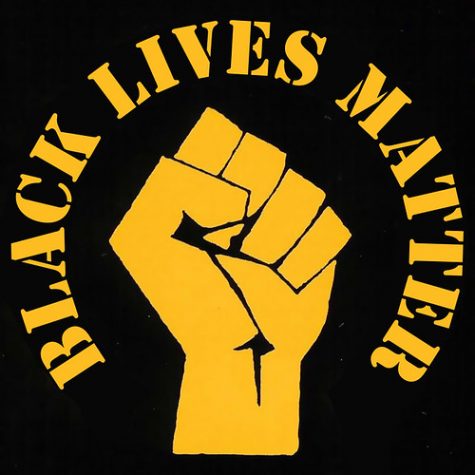Composting initiative is a step in the right direction
The university is gradually becoming a more environmentally sustainable campus, with composting being the most recent addition to the conservation initiatives.
Compost bins are now available for diners to dispose of food scraps in the Hunt and Ragsdale cafeterias. This reduces the amount of solid waste sent to landfills and raises awareness about environmental stewardship and responsibility.
Additionally, the composting program is a collaborative effort between St. Edward’s University, Bon Appetit, Students for Sustainability, and the Go Project, further demonstrating that this program is beneficial for reasons beyond the environment.
Bon Appetit and the university consulted students from Students for Sustainability, the environmental special interest group on campus, throughout the process of creating a composting program. People from the Go Project, a transition program, stand near the compost bin in Ragsdale and instruct diners on what belongs in the compost and what does not.
Though a step in the right direction, compost is currently being transported off campus by Break It Down, a company that provides alternative waste services for customers.
A more sustainable option would be to process food waste on campus and use the compost to fertilize plants on university property.
But change is gradual, and an option to dispose of food waste responsibly on campus is commendable. Currently, Students for Sustainability manages a compost bin at the campus garden, a recent addition that will eventually generate mulch that can be used in the garden itself.
Other notable changes include single-stream recycling, LED lights in the parking garage, and incorporating green design into new construction projects.
In recent years, St. Edward’s has made recycling more accessible by using a single-stream recycling system. With this system, paper, plastics, and cans are disposed into a clearly labeled area instead of being sorted into separate containers.
Also in the Ragsdale cafeteria are the new dining to-go containers called Eco-Clamshells. These containers are made of an economic friendly thermoplastic material , making them the green alternative to the cardboard to-go boxes.
Also, students involved with the Founder’s Day Service Project register to serve in the local community. For example, in one specific location, Blunn Creek, students plant native plants, remove invasive species from the creek and work on the preserve trails.
Essentially, with numerous eco-friendly efforts, St. Edward’s is successfully striving to become a more environmentally-conscious member of the Austin community.


![According to a 1993 archive from Congressional Quarterly Almanac, “[Judge] Ginsburg was known as a restrained and fair-minded judge who did her homework and then some.” She was “considered moderate to conservative on criminal issues and business law,” relatively progressive “on issues such as free speech, religious freedom and separation of church and states,” and more liberal on “civil rights and access to the courts.”](https://www.hilltopviewsonline.com/wp-content/uploads/2020/10/VP-4RBG_CC-by-WFULawSchool-475x317.jpg)
